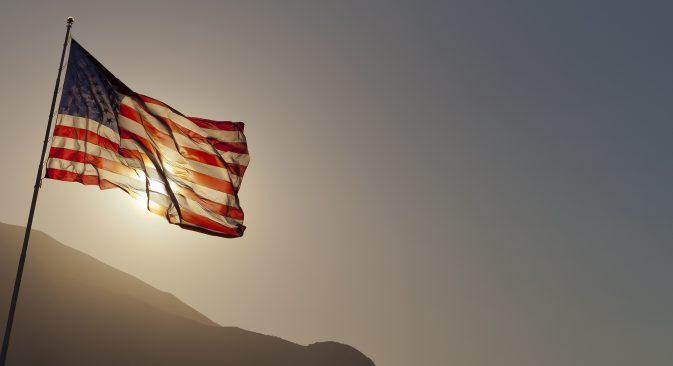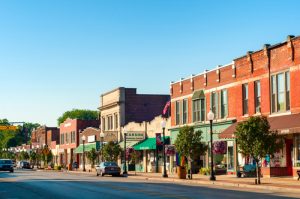Instead of restricting all Americans, reopen society and protect the vulnerable

Americans deserve a memorable Memorial Day weekend. It’s been a long few months since New Years Day — the last non-weekend day off for tens of millions of workers. Policymakers can help give us the holiday we deserve by ending the national grounding and reopening society.
Over the last couple of months, the nation has been ravaged by the coronavirus. More than 94,000 Americans are dead and the economy has whipsawed from one of the best to one of the worst on record. The unemployment rate is 14.7 percent and that number will rise when May unemployment figures are released. According to a new poll published by CNBC, about one-third of small businesses will not return after the pandemic passes.
Now that the coronavirus curve has flattened, state and county officials can safely reopen in time for summer before any more economic damage is done. Doing so will allow employers and employees to earn a living and let customers enjoy the goods and services that their neighborhood small businesses provide.
Nearly half of the counties in the country haven’t experienced a single coronavirus death. Yet these safe areas are often beholden to state reopening timelines based on conditions in capital cities where the disease threat is far greater. Keeping these areas that have been relatively untouched by the coronavirus closed for business is a violation of residents’ basic civil liberties.
Many other parts of the country are staying closed based on a narrow view of the health effects of reopening. A broader consideration of the health implications of a continued shutdown illustrates that the country must reopen now.
Shutdown consequences extend far beyond canceled backyard barbecues this weekend. Consider how countless Americans have missed out on key preventative and routine treatments because hospitals throughout the country have largely closed to non-coronavirus patients. A recent Harvard study finds that primary visits have dropped by nearly half since the coronavirus took effect. Even oncologists, who treat cancer patients, have seen patient counts fall by nearly half. The full cost in terms of human lives and lifespans associated with this reduced care won’t be known for many months but will be significant. Rural hospitals, already struggling financially, are particularly economically vulnerable to the revenue loss associated with fewer procedures. To the extent they’re hamstrung, public health in these parts of the country will suffer.
Shutdown-induced economic carnage also has broad societal implications. Alcohol and drug abuse have skyrocketed, with hard liquor sales up by about 75 percent. Prescriptions for anti-anxiety medication are up by about one-third. Community experts worry about associated spikes in domestic violence and suicides. The national Disaster Distress Helpline saw a 338 percent increase in call volume in March compared with February. Suicide rates generally rise by about one percent for every one percentage point increase in unemployment.
“Virus containment cannot be our only goal, no matter the cost to Americans,” said Dr. Elinore McCance-Katz, the Trump administration official in charge of mental health and substance abuse. “If we ignore the reality of the enormous mental health strain we’ve put on our citizens … I’m saddened but certain that the next major public health crisis of our time will be that of mental and substance use disorders, and it is not far behind.”
When taking these secondary and tertiary health considerations into account, it becomes clear that society must reopen as soon as possible. Of course, such reopening can be done carefully, with social distancing, masks and regulations in place to protect the most vulnerable. Nursing homes, for instance, account for more than one-quarter of national coronavirus death and around half in some states. Policymakers should direct their ammunition toward protecting these high-risk groups — not long-weekend beachgoers.





